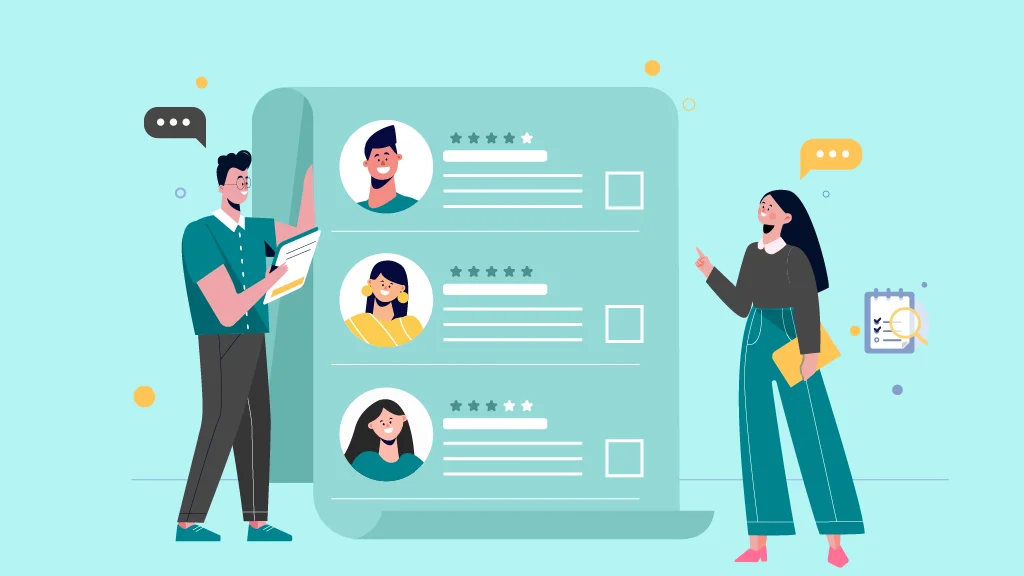AI at Work: 19 Powerful Stats That Prove the Future of the Workplace is Here

Team AdvantageClub.ai
July 29, 2025

1. The Global AI Market is Booming
The global artificial intelligence market size is projected to reach USD 1,811.75 billion in 2030 and with a CAGR of 35.9% from 2025 to 2030. (Grand View Research)
2. HR is Going AI-First
Artificial intelligence (AI) in HR is experiencing significant growth, with an estimated 14% increase by 2025. (Infosys BPM)
3. India leads in global AI adoption
India leads in AI adoption, with 92% of employees using the technology regularly at work, much above the global average of 72%. (BCG)
4. Agentic AI Will Soon Be Everywhere
By 2028, 33% of enterprise software applications will embed agentic AI, up from less than 1% in 2024. This will enable a significant 15% of everyday work decisions to be made autonomously. (Gartner)
5. The AI Time Saver
- Generative AI and similar technologies could automate 60% to 70% of work activities employees currently spend their time on. (McKinsey)
- According to BCG, AI is helping employees save time, with 47% employees reporting that they save more than an hour a day. (BCG)
6. A Major Boost to Productivity
Generative AI is expected to contribute to labor productivity growth of 0.1% to 0.6% annually through 2040. If combined with other tech, that number could jump to 0.5 – 3.4% points annually of productive growth. (McKinsey)
7. Enhancement of Work Quality
More than 70% of employees who have utilized GenAI believe that the tools will create opportunities to learn new skills at work, enhance creativity, and improve the quality of their work. (PwC)
8. Adaptive Experiences Are the Future
By 2028, more than 20% of workplace applications will utilize AI-driven personalization algorithms to deliver adaptive employee experiences. (Gartner)
9. Employees Are Ready, more than their Leaders Imagine
C-suite leaders estimate that only a small number of employees, approximately 4%, use Gen AI for 30% of their day-to-day activities, while three times more employees are using it for a third or more of their daily work. (McKinsey)
10. Lack of Proper Understanding
Although 77% employees believe that AI agents will be important in the next three to five years, only 33% say they have a proper understanding of what these agents really are. (BCG)
11. Employees Want Help Using AI
- 48% of U.S. employees say they’d use GenAI more if they had formal training. 45% want it integrated into daily workflows. (McKinsey)
- When it comes to AI adoption, only 36% of employees feel adequately trained. Additionally, nearly four in ten employees, 37%, say their company is not supplying the right tools. (BCG)
12. Trust Starts at the Top
71% of employees trust their employer or business leaders most to deploy AI safely and ethically. (McKinsey)
13. But Concerns Are Real
51% of US employees worry about cybersecurity risks, 43% about personal privacy, and 30% about equity and fairness (McKinsey). AI optimism must be balanced with ethical safeguards.
14. Trust and Transparency are paramount
Employees are raising flags on AI agents. Approximately 46% of employees are concerned about decisions being made without human oversight, 35% cite unclear accountability when mistakes occur, and 32% worry about the risk of bias or unfair treatment. (BCG)
15. Technology will impact jobs
46% of employees and 56% of CEOs believe that changes in technology, including GenAI, will impact their roles significantly. (PwC)
16. The Impact of Technology is Positive
A significant 60% of employees describe the impact of technology on their jobs as “largely positive.” (KPMG)
17. AI Could Automate 30% of Some Roles
37% of workers think the latest technology could automate up to 30% of their role. 24% believe it could automate up to 50% of their job. (KPMG)
18. Countries with high AI usage have greater job concerns
In India, 48% of respondents believe their job will certainly or probably disappear entirely within the next 10 years, which is higher than the global average of 41%. (BCG)
19. Focus on Jobs Created, Not Lost
Instead of dwelling on the 92 million jobs AI may displace by 2030, leaders should prepare for the 170 million new jobs it will create. (World Economic Forum)
Final Thoughts
Platforms like AdvantageClub.ai are helping organizations transform their employee experience. Powered by AI, it enables real-time recognition, personalized rewards, and proactive wellness interventions—all through a conversational, agentic interface.





